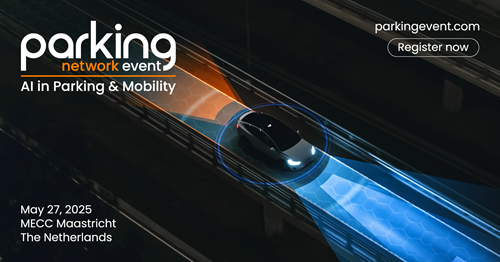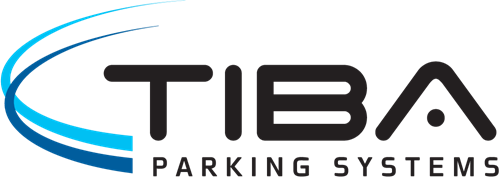
Artificial Intelligence (AI) is no longer just a buzzword. Across industries, it's reshaping how we live, work, and move. In the parking and mobility sector, AI is quietly becoming a powerful force, delivering tangible benefits in efficiency, user experience, and sustainability. From smart EV charging to adaptive pricing and real-time traffic routing, AI is now embedded in technologies that shape how cities function and how people travel.
This transformation is also at the heart of our upcoming industry event, AI in Parking & Mobility, where professionals will gather to explore real-world applications, case studies, and what’s next for AI-powered innovation in this space.
So what’s happening in the real world—and what should the parking industry prepare for next?
Why AI Matters Now
AI is evolving rapidly, thanks to better data, stronger computing power, and real-time connectivity. Parking and mobility systems are now rich with data—vehicle flows, occupancy levels, energy demand—and AI can help make sense of it all to enable smarter decisions.
A clear signal of this shift is the growing use of AI in EV charging networks, where AI helps optimize energy distribution and pricing. But that’s just the start.
Where AI Is Already Making an Impact
1. AI in EV Charging
-
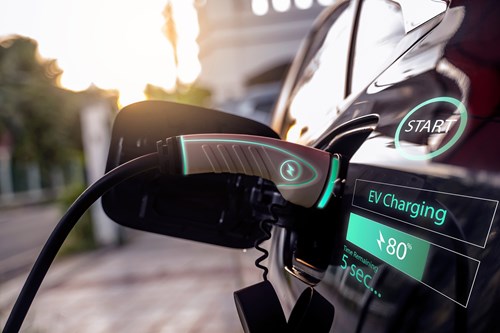
AI-Enabled Grid Power Banks: With EV adoption rising, energy demand is increasingly complex. AI systems manage grid load dynamically, storing excess energy and redistributing it during peak hours to reduce strain and costs.
- AI-Powered Adaptive Pricing: Dynamic pricing models adjust rates based on energy availability, local demand, and user behavior—boosting revenue and managing grid stress.
2. AI in Parking Operations
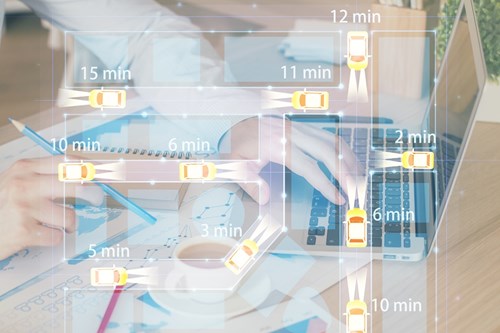 Smart Occupancy Detection: AI-powered cameras and sensors detect available parking spots in real time, improving wayfinding and reducing unnecessary circling.
Smart Occupancy Detection: AI-powered cameras and sensors detect available parking spots in real time, improving wayfinding and reducing unnecessary circling.- Predictive Parking Availability: By analyzing historical usage patterns and current conditions, AI forecasts when and where parking will be available.
- Automated Enforcement: License plate recognition (LPR) combined with AI streamlines enforcement, reducing errors and labor costs.
- Dynamic Signage & Routing: Real-time parking data is used to guide drivers to available spots, easing congestion and enhancing the driver experience.
3. AI for Urban Mobility Management
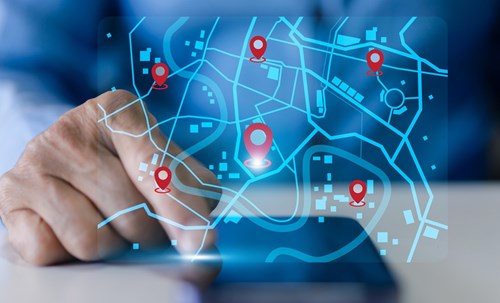 Adaptive Traffic Signals: AI algorithms optimize traffic light cycles to ease congestion and prioritize emergency or public transport vehicles.
Adaptive Traffic Signals: AI algorithms optimize traffic light cycles to ease congestion and prioritize emergency or public transport vehicles.- AI-Driven Fleet Optimization: For shared mobility services and urban logistics, AI helps plan efficient routes, predict maintenance, and manage charging for electric fleets.
What This Means for the Industry
AI offers more than just automation—it unlocks new levels of intelligence and responsiveness. For the parking and mobility industry, this means:
- Reduced Operational Costs: Fewer human errors, automated processes, and predictive maintenance lower the bottom line.
- Improved User Experience: Less time spent searching for parking and better pricing transparency boost satisfaction.
- Smarter Use of Infrastructure: AI ensures better allocation and use of existing resources.
- More Sustainable Operations: AI-optimized traffic and EV charging contribute to reduced emissions.
Challenges to Consider
Despite its promise, AI adoption isn't without hurdles:
- Data Privacy & Security: With more sensors and analytics comes the need for stricter data protection.
- Infrastructure Investment: Many solutions require smart sensors, cameras, and connectivity upgrades.
- System Integration: New AI tools must work with legacy systems already in place.
- Workforce Readiness: Staff may need training to work alongside or manage AI-powered systems.
Looking Ahead: What’s Next?
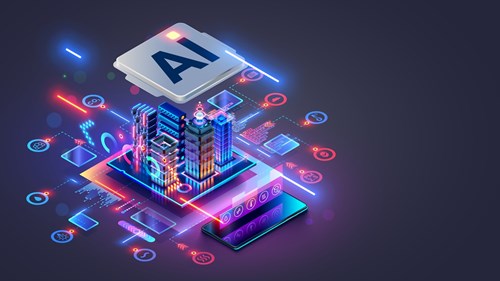
AI is on track to become the operating system of modern urban mobility. In the near future, we may see:
- Fully Autonomous Parking Facilities: Self-parking EVs guided by AI-driven infrastructure.
- Integrated Urban Intelligence: AI coordinating parking, charging, traffic, and even micromobility from a single platform.
- AI-Enhanced Planning Tools: Cities using predictive AI models to guide policy, zoning, and sustainability investments.
Conclusion
AI is no longer just experimental—it’s here and delivering measurable value. For parking and mobility professionals, the next step is to embrace AI not as a future trend, but as a current necessity.
Whether you’re upgrading infrastructure, managing fleets, or building smarter cities—AI is already part of the equation.
👉 Be sure to join us at AI in Parking & Mobility to explore these innovations firsthand and connect with the people shaping the future of the industry.
Held on 27th May in Maastricht, The Netherlands, this event brings together technology providers, city planners, operators, and mobility leaders to exchange insights, showcase innovations, and dive deep into the AI-powered future of our sector.
From interactive workshops to insightful discussions, this is your opportunity to engage directly with the tools and trends transforming the way we move and manage urban space.
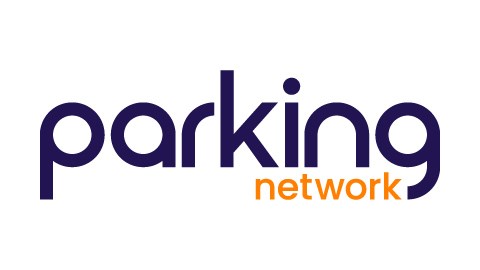 About Parking Network
About Parking Network
Parking Network is the leading information source for parking. We connect professionals through our online and offline channels. On our online platform parking.net, we publish the latest news, product showcases, job openings, and tenders related to parking. On our platform, you can access the most complete industry and parking professionals directory. Offline, we host niche-specific networking events such as the Airport Parking Network Event.

